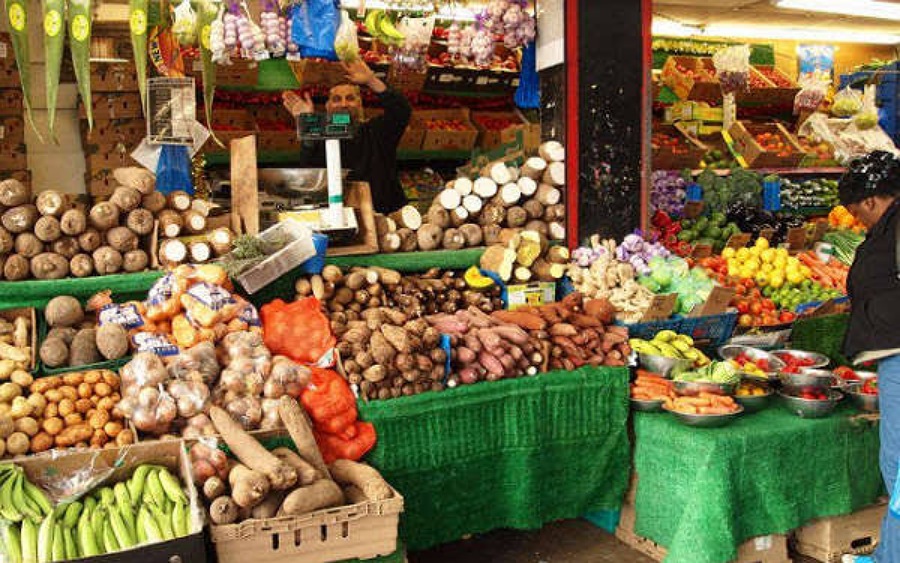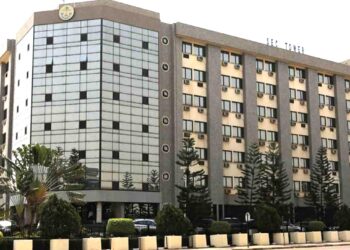Nigeria’s inflation rate climbed to a new 17-year high of 21.91% in February 2023, representing a 0.09% point increase when compared to the 21.82% recorded in the previous month.
This is according to the recently released Consumer Price Index (CPI) report by the National Bureau of Statistics (NBS).
The rise in the inflation rate is following a significant cash crunch experienced across the country on the backdrop of the new naira note design and uncertainties relating to the presidential election.
On a year-on-year basis, the headline inflation rate was 6.21% points higher compared to the rate recorded in the corresponding period of 2022, which was 15.70%.
The contributions of items on a class basis to the increase in the headline index are presented, thus: bread and cereal (21.67%), actual and Imputed Rent (7.74%), potatoes, yam and other tubers (6.06%), vegetable (5.44%) and meat (4.78%).
The percentage change in the average CPI for the twelve months ending February 2023 over the average of the CPI for the previous twelve months period was 19.87%, showing a 3.15% points increase compared to 16.73% recorded in February 2022.
- Food inflation: The closely watched index, which measures the changes in the price of volatile agricultural produce rose by 24.35% year-on-year in the review month from 24.32% recorded in the previous month.
- According to the NBS, the rise in food inflation was caused by increases in prices of Oil and Fat, Bread and Cereals, Potatoes, Yam and Other Tubers, Fish, Fruits, Meat, Vegetable, and Food Products.
- On a month-on-month basis, the food inflation rate in February 2023 was 1.90%, which was 0.18% points lower compared to the rate recorded in January 2023 (2.08%).
- The average annual rate of food inflation for the twelve months ending February 2023 over the previous twelve-month average was 22.12%, which was a 2.44% points increase from the average annual rate of change recorded in February 2022 (19.69%).
- Core inflation: The core inflation rate, otherwise known as “All items less farm produce,” which excludes the prices of volatile agricultural produce dropped to 18.84% from 19.16% recorded in the previous month.
- On a month-on-month basis, the core inflation rate was 1.06% in February 2023. It stood at 1.82% in January 2023, down by 0.76% points.
- The average twelve-month annual inflation rate was 16.92% for the twelve months ending February 2023; this was 3.46% points higher than the 13.46% recorded in February 2022.
- According to the NBS, the highest increases were recorded in prices of Gas, Passenger Transport by Air, Liquid Fuel, Fuels, and Lubricants for Personal Transport Equipment, Vehicles Spare Parts, and Solid Fuel.
- What this means: Nigeria’s inflation rate has accelerated for the second consecutive month, after dropping slightly in December last year. Nigerians have had their purchasing power eroded further as a result of the rising rate of inflation, despite measures by the CBN to curb the rate.
- All eyes are on the CBN ahead of its next MPC meeting next week to see whether it will hold or increase the interest rate.























